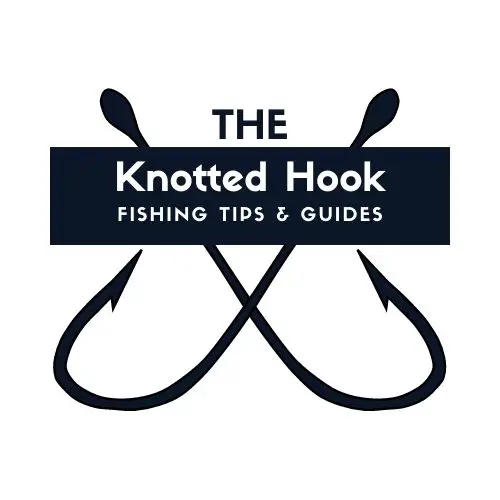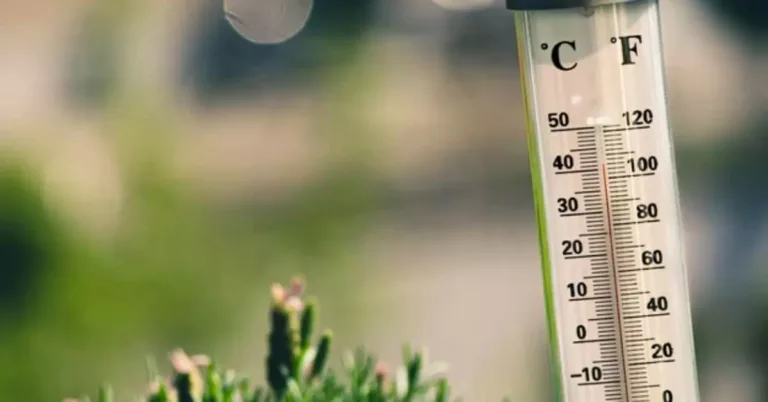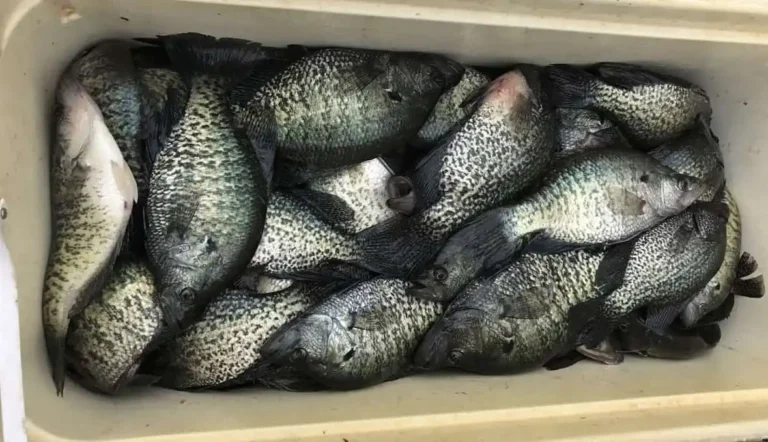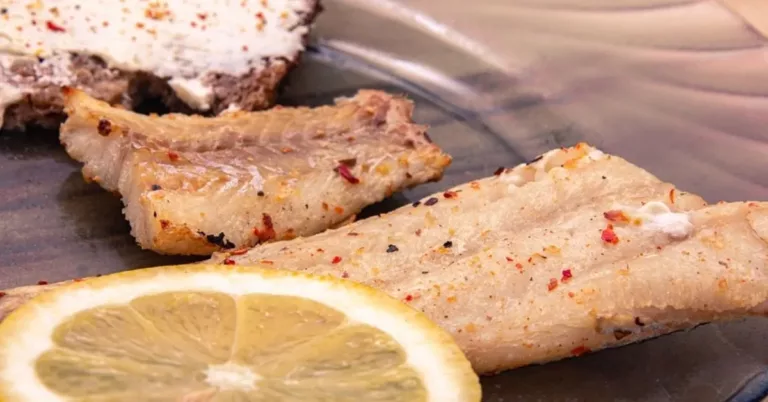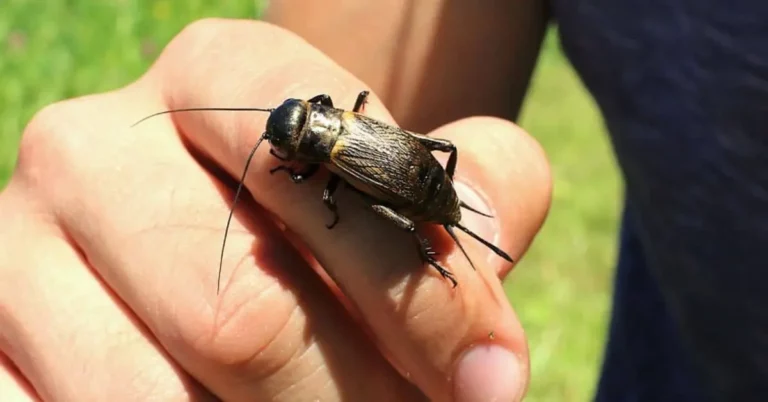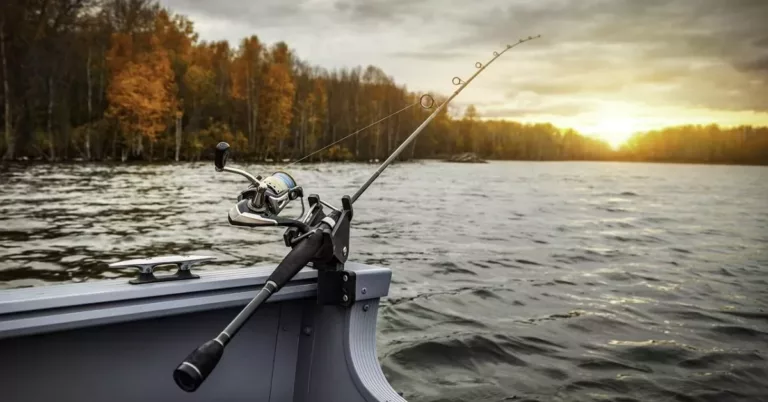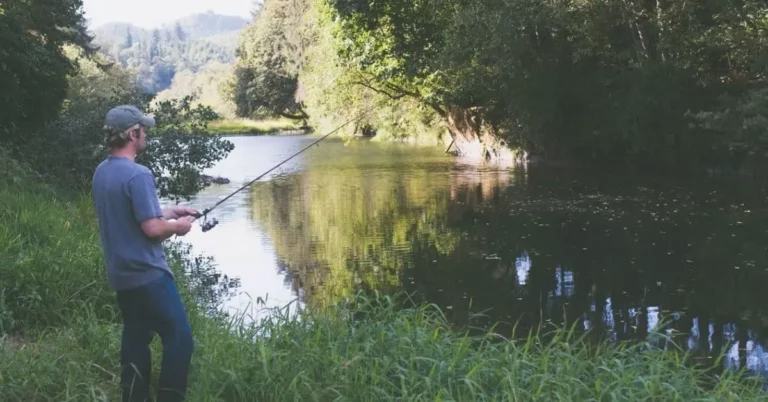What weight of line is best for crappie: A Guide for Anglers
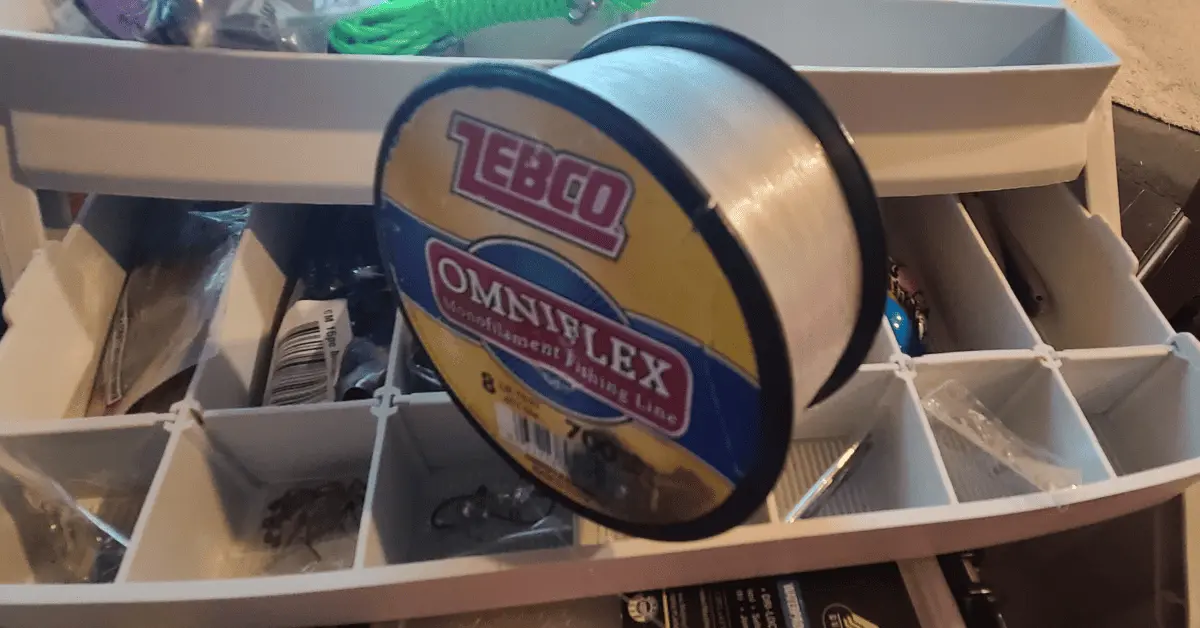
Crappie fishing is an exciting and popular pastime for many anglers. One thing you may or may not have given much thought to is the weight of the line you are using.
While it may seem like the only thing affected by the weight of your line is the size of fish you can catch, this couldn’t be further from the truth.
The weight, or size of the line you choose determines how the bait presents, the size of fish you can land as well as the sensitivity of your line. With all of the factors affected by your fishing line weight, it may seem like choosing the right fishing line is a daunting task, especially for beginners.
Many experienced crappie fishermen recommend using a low-visibility, highly sensitive line with a weight of 4-6 pounds for optimal results. This weight is light enough to allow for a natural presentation of the bait, yet strong enough to handle the fight of a larger crappie.
However, the best weight of line for crappie fishing can vary depending on the fishing conditions and personal preferences of the angler.
This article will explore the different factors to consider when choosing the weight of line for crappie fishing. We will also review some of the best fishing lines for crappie on the market, as well as provide tips on how to properly rig and fish with your chosen line.
Whether you are a seasoned crappie angler or just starting out, this article will help you choose the best weight of line for your next fishing trip.
Line Weight Basics
When fishing for crappie, it’s important to locate their habitat. Look for areas with structure, such as weed beds, logs, and rocks, as these are prime areas for crappie to congregate.
Line Weight Importance
When it comes to crappie fishing, choosing the right line weight is crucial. The line weight determines the strength of the line and how much weight it can handle. Using the wrong line weight can result in losing fish or breaking the line.
The dangers of breaking the line increase when seeking out crappie due to their love of structure and cover.
Factors to Consider
There are several factors to consider when choosing the right line weight for crappie fishing:
- The size of the crappie you are targeting
- The type of water you are fishing in
- The kind of structure or cover in the water
- Your personal preference and experience
It is important to keep in mind that these factors can vary depending on the location and time of year.
Types of Line
There are different types of line to choose from when crappie fishing:
| Type of Line | Strength | Visibility | Sensitivity |
| Monofilament | 2-6 lb test | High | Low |
| Fluorocarbon | 4-8 lb test | Low | High |
| Braid | 4-10 lb test | Low | High |
The Monofilament line is a popular choice for crappie fishing due to its high visibility, which allows anglers to see the line better and detect bites.
The Fluorocarbon line is less visible in the water and has higher sensitivity, making it a good choice for fishing in clear water or heavily pressured areas.
Braided line is strong and has high sensitivity, but it is less popular due to its low visibility.
Choosing the Best Line Weight for Crappie
Light Line Benefits
When it comes to crappie fishing, using a light line has several benefits. Firstly, crappie have relatively soft mouths, so a light line will help prevent the hook from tearing through their flesh.
Secondly, crappie are known for their excellent eyesight, and a light line is less visible in the water, making it less likely to spook the fish. Lastly, using a light line allows for a more natural presentation of your bait or lure, which can increase your chances of getting a bite.
Factors to Consider
When choosing the best line weight for crappie, there are several factors to consider.
Firstly, the size of the fish you are targeting. If you are fishing in an area with larger crappie, you may want to consider a slightly heavier line weight.
Secondly, the type of water you are fishing in. If the water is murky or stained, a heavier line may be necessary to ensure you can feel the bite and set the hook. Lastly, the type of bait or lure you are using.
Some baits or lures may require a heavier line weight to ensure they are presented properly.
Recommended Line Weights
While the ideal line weight will vary depending on the individual angler and their specific set of circumstances, there are some general guidelines to follow when selecting a line weight for crappie fishing.
In general, 2-6 pound test lines are best for crappie fishing. However, if you are targeting larger crappie or fishing in murky water, you may want to consider a slightly heavier line weight.
4lb or 6lb line for crappie
4lb or 6lb line is a great option for crappie fishing. A 4lb line is ideal for smaller crappie and clear water, while a 6lb line is better suited for larger crappie or murky water.
When using a 4lb or 6lb line, be sure to use a light action rod and reel to ensure you can feel the bite and set the hook properly.
Conclusion
Choosing the right line weight is crucial to catching crappie. The pound test line you choose will depend on the type of fishing you plan on doing, the size of the fish you are targeting, and the conditions you are fishing in.
The Monofilament line is a popular choice for crappie fishing, and most anglers prefer a 2 lbs. to 10 lbs. line weight. Braided line can also be used, but it’s important to match the line weight to the size of the fish you are targeting.
Ultimately, the best line weight for crappie fishing will vary depending on the individual angler’s preferences and the specific conditions they are fishing in.
Experimenting with different line weights can help you determine what works best for you and increase your chances of catching crappie.
